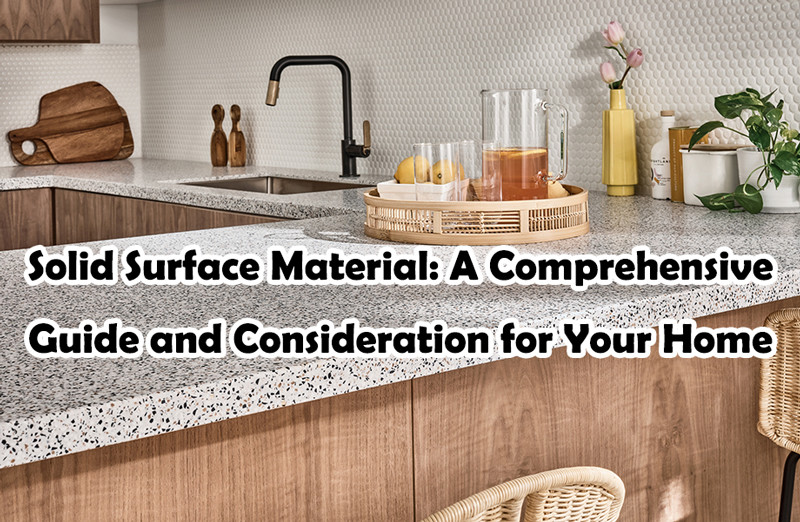
Solid surface material has gained significant popularity in both residential and commercial spaces as a countertop and sink option. Renowned for its versatility, durability, and aesthetic appeal, solid surface is an engineered material composed primarily of acrylic or polyester resins combined with natural minerals. This post will delve into what solid surface material is, its properties, advantages, maintenance requirements, and whether it is the right choice for your home.
What is Solid Surface Material?
Solid surface material is a synthetic substance designed to mimic the appearance of natural stone while providing enhanced functionality. The material is created through a manufacturing process that blends resins, pigments, and mineral fillers. This results in a dense, non-porous material that can be seamlessly molded into various shapes and sizes, offering an attractive, uniform appearance.
Popular brands like Corian, LG Hi-Macs, and Avonite provide a broad spectrum of colors and patterns, making it easy to find a finish that complements your design aesthetic. The material can be used in a variety of applications, including kitchen countertops, bathroom vanities, sinks, and even wall cladding.
Key Properties of Solid Surface Material
- Non-Porous Nature: One of the most significant benefits of solid surface material is its non-porous quality. This characteristic means that liquids cannot penetrate the surface, making it resistant to stains and bacterial growth. As a result, solid surface is an excellent choice for areas that require high hygiene standards, such as kitchens and bathrooms.
- Seamless Design: Solid surface can be fabricated into large sheets without seams, creating a clean and continuous appearance. This feature not only enhances aesthetics but also reduces the potential for dirt and grime accumulation in seams, which is often a concern with other materials.
- Repairable Surface: While solid surface is durable, it is not entirely scratch-proof. However, minor scratches can easily be sanded out, allowing homeowners to maintain the surface’s original look without needing to replace it. This self-repairability makes solid surface a practical choice for busy households.
- Versatile Design Options: The wide range of colors, patterns, and finishes available in solid surface material provides homeowners with countless design possibilities. Whether you prefer a classic white finish or a bold, vibrant color, solid surface can accommodate a variety of aesthetic preferences.
- Eco-Friendly Options: Many manufacturers now offer solid surface materials made from recycled content, making it a more sustainable choice. Additionally, solid surface is fully recyclable, which can help reduce environmental impact.
Advantages of Solid Surface Material
- Durability: Solid surface material is designed to withstand everyday wear and tear, making it suitable for high-traffic areas. Its resilience against impacts, scratches, and stains means that it can maintain its beauty and functionality over time.
- Low Maintenance: Solid surface requires minimal upkeep. Regular cleaning with mild soap and water is usually sufficient to keep the surface looking new. For tougher stains, a gentle abrasive cleaner can be used without the risk of damaging the material.
- Customizable: The ability to fabricate solid surface material into custom shapes and sizes means that it can be tailored to fit any space. Whether you need an integrated sink or a uniquely shaped countertop, solid surface can be designed to meet your specific needs.
- Hygienic: The non-porous nature of solid surface material makes it resistant to bacteria and mold, promoting a healthier environment in your home. This is particularly important in kitchens and bathrooms, where hygiene is paramount.
- Value for Money: Although solid surface may have a higher initial cost compared to materials like laminate, its longevity, low maintenance requirements, and aesthetic appeal can make it a cost-effective choice over time.
Disadvantages to Consider
While solid surface material has many benefits, there are also some drawbacks to consider:
- Heat Resistance: Solid surface is not as heat resistant as some natural stones. Placing hot pots or pans directly on the surface can cause damage, so it’s important to use trivets or heat pads to protect the material.
- Cost: The initial investment for solid surface materials can be higher than for alternatives like laminate or tile. Depending on the brand and customization options, costs can range from $40 to $100 per square foot.
- Limited Resistance to Certain Chemicals: While solid surface is generally resistant to stains and bacteria, it can be damaged by harsh chemicals or solvents. Care should be taken to avoid exposure to products that can degrade the surface.
Is Solid Surface Material a Good Choice?
Whether solid surface material is the right choice for your home depends on several factors, including your lifestyle, design preferences, and budget. Here are some considerations to help you decide:
- Lifestyle: If you have a busy household with children or pets, the durability and ease of maintenance of solid surface material may be appealing. Its resistance to stains and scratches can be particularly beneficial in high-traffic areas.
- Design Needs: Solid surface offers unparalleled design flexibility, allowing for custom shapes and seamless installations. If you value aesthetics and want a cohesive look in your kitchen or bathroom, solid surface could be an excellent fit.
- Budget: While the initial cost may be higher than some alternatives, the long-term benefits, such as durability and low maintenance, can make solid surface a wise investment. Consider your budget and whether you are willing to invest in a material that offers longevity.
- Environmental Considerations: If sustainability is important to you, look for solid surface materials made from recycled content. Many manufacturers prioritize eco-friendly practices, which can align with your values.
Conclusion
Solid surface material is a versatile and durable choice for countertops, sinks, and other surfaces in your home. Its non-porous nature, ease of maintenance, and extensive design options make it an attractive option for many homeowners. While there are some drawbacks, such as heat sensitivity and initial cost, the long-term benefits often outweigh these concerns.
Ultimately, whether solid surface is the right choice for you will depend on your specific needs and preferences. If you value a high-quality, aesthetically pleasing material that offers both functionality and design flexibility, solid surface may be the perfect fit for your home. As you consider your options, weigh the advantages and disadvantages carefully to make an informed decision that enhances your living space for years to come.
 WOWOW Faucets
WOWOW Faucets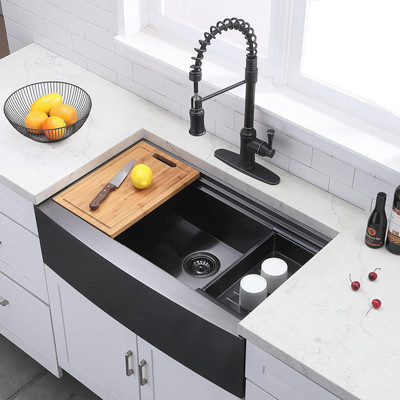
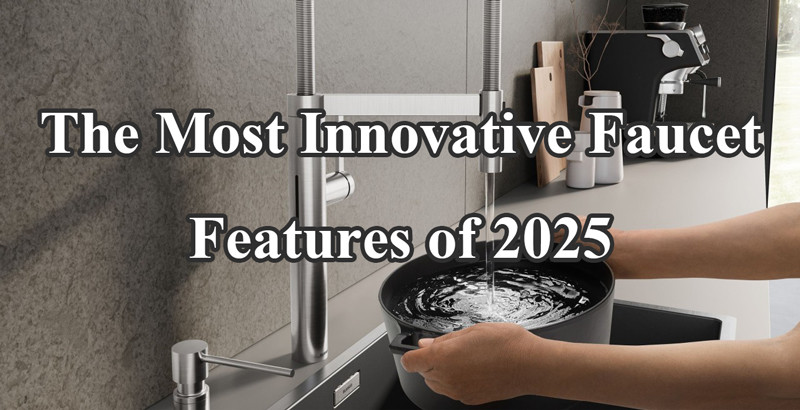
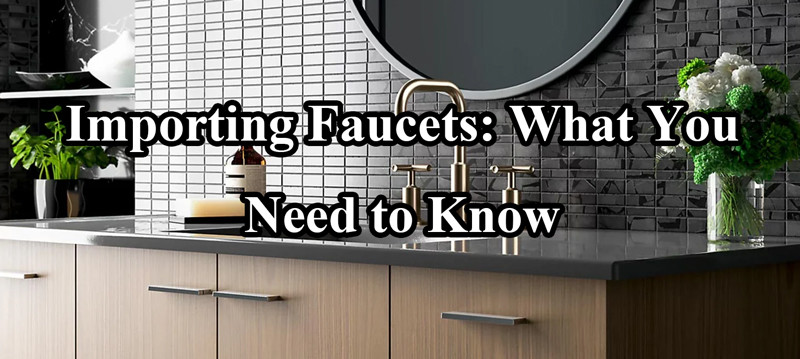
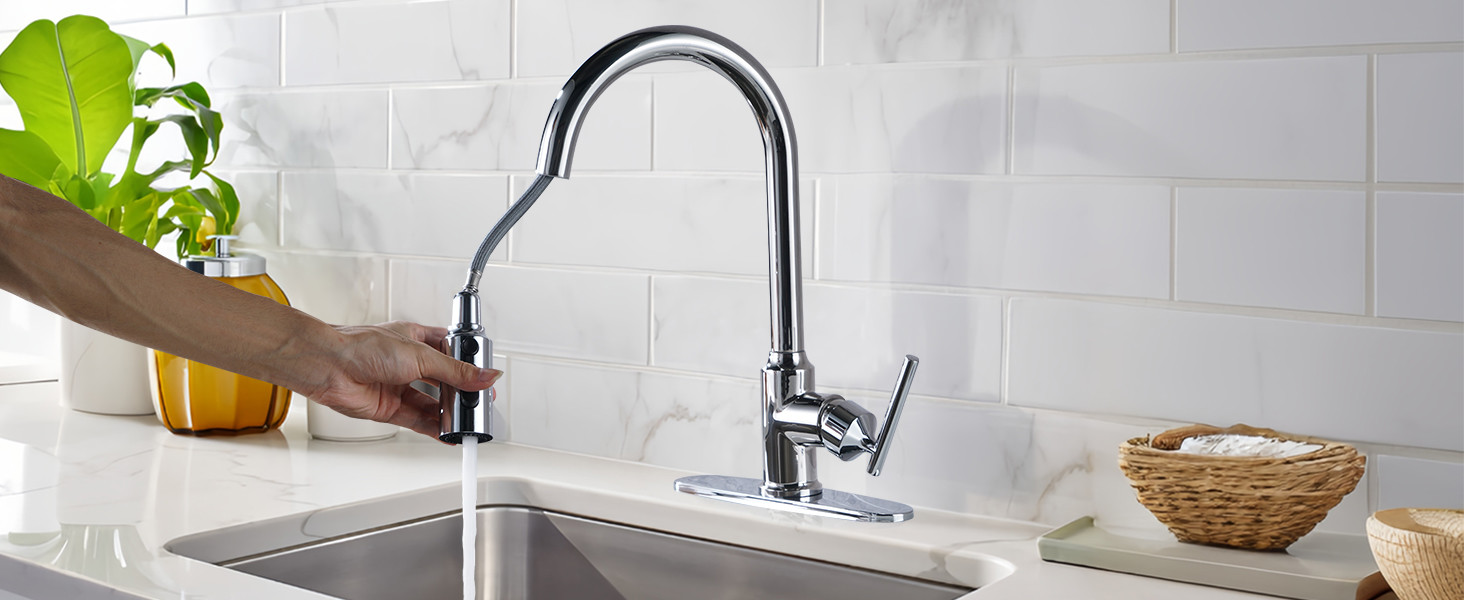


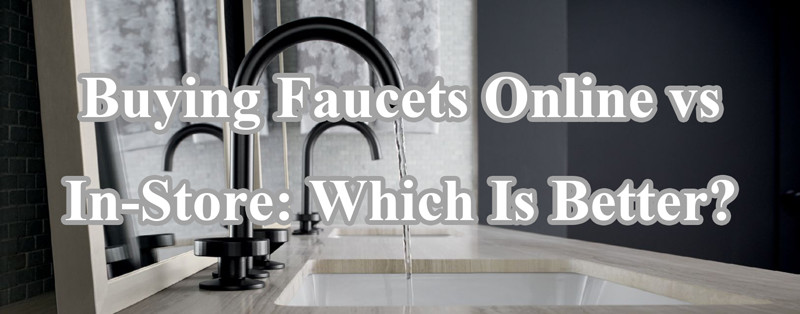
您好!Please sign in